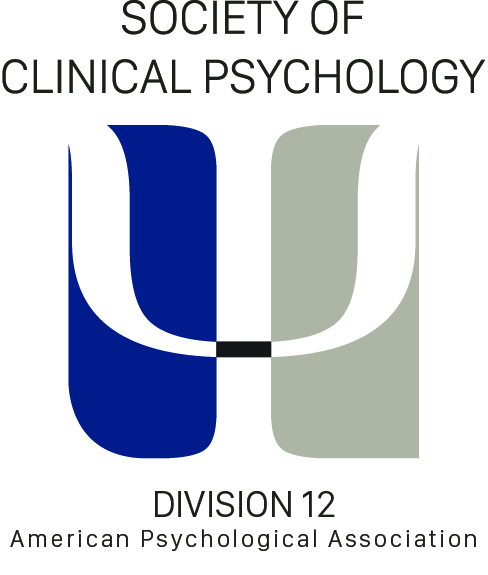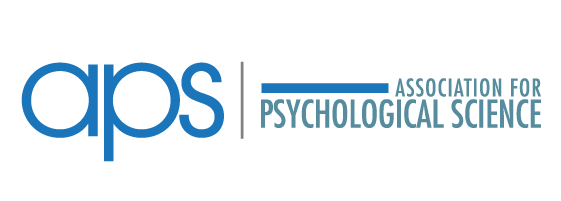Partners

Society of Clinical Psychology Division 12 of American Psychological Association
The field of Clinical Psychology involves research, teaching and services relevant to the applications of principles, methods, and procedures for understanding, predicting, and alleviating intellectual, emotional, biological, psychological, social and behavioral maladjustment, disability and discomfort, applied to a wide range of client populations. In theory, training, and practice, Clinical Psychology strives to recognize the importance of diversity and strives to understand the roles of gender, culture, ethnicity, race, sexual orientation, and other dimensions of diversity.
MISSION STATEMENT
The mission of the Society of Clinical Psychology is to represent the field of Clinical Psychology through encouragement and support of the integration of clinical psychological science and practice in education, research, application, advocacy and public policy, attending to the importance of diversity. For more information, please click here.

Research Centers Collaborative Network (RCCN)
The problems associated with an aging society transcend the boundaries of any specific discipline and play out across multiple biologic and societal domains ranging from individual cells, to organs and organ systems, to persons, to communities, to national and world economies. The six National Institute on Aging (NIA) Center programs address important topics in aging but typically from a specific disciplinary perspective. The Research Centers Collaborative Network (RCCN) initiates new cross-disciplinary collaborative networks that bring together key thought leaders from each of the six NIA center programs to align approaches across programs that will uncover synergies and insights that lead to novel collaborations. The RCCN will spur multi-disciplinary efforts in aging research across the centers through five complementary strategies: conferences, pilot programs, early career faculty education, web-based resource identification tools, and fundraising/proposal development. For more information, please click here.

UCSF Stress Measurement Network
The Stress Measurement Network’s mission is to better understand the relationship between stress and health by improving the measurement of psychological stress in research studies. The Network is made up of experts from around the world who have come together to debate, improve, and develop measures of psychosocial stress. Their Network is funded by the National Institute of Aging (R24AG048024). To learn more about the Stress Measurement Network, please click here.

Association for Psychological Science
The Association for Psychological Science (APS) is a nonprofit organization working to “promote, protect, and advance the interests of scientifically oriented psychology in research, application, teaching, and the improvement of human welfare.” Since 1988, APS has been a leader in bringing together psychological and behavior science. Their dedication to making science open, rigorous, and reproducible, makes them a key partner for the Science of Behavior Change and one that we hope you will support. To learn more about the Association for Psychological Science, please click here.

Society of Behavioral Medicine
The Society of Behavioral Medicine (SBM) is a professional society made up of 2,400 multidisciplinary researchers, clinicians, and students working to improve health by changing behavior. SBM holds an annual meeting where behavioral medicine experts, scientists, and trainees from around the world come together to discuss new research and developments in the field. SBM also publishes two scientific journals, health policy positon statements, and a regular newsletter. To learn more about the Society of Behavioral Medicine, please click here.

American Psychosomatic Society
“Integrating mind, brain, body and social context in medicine since 1942.” To learn more about the American Psychosomatic Society, please click here